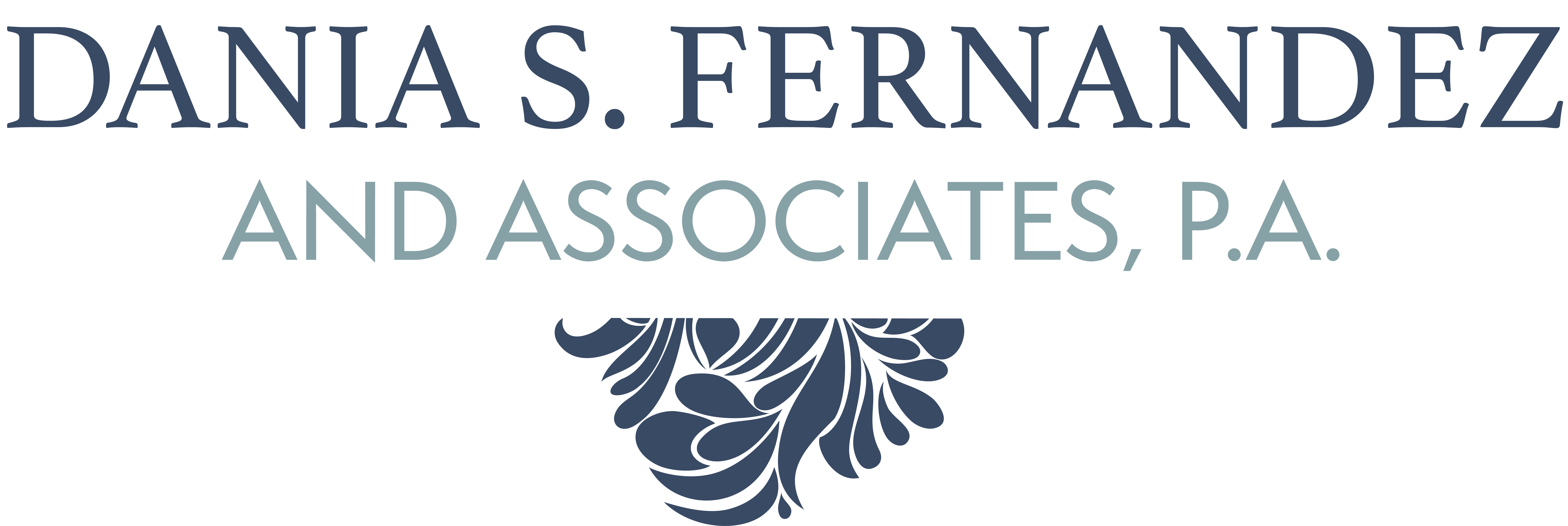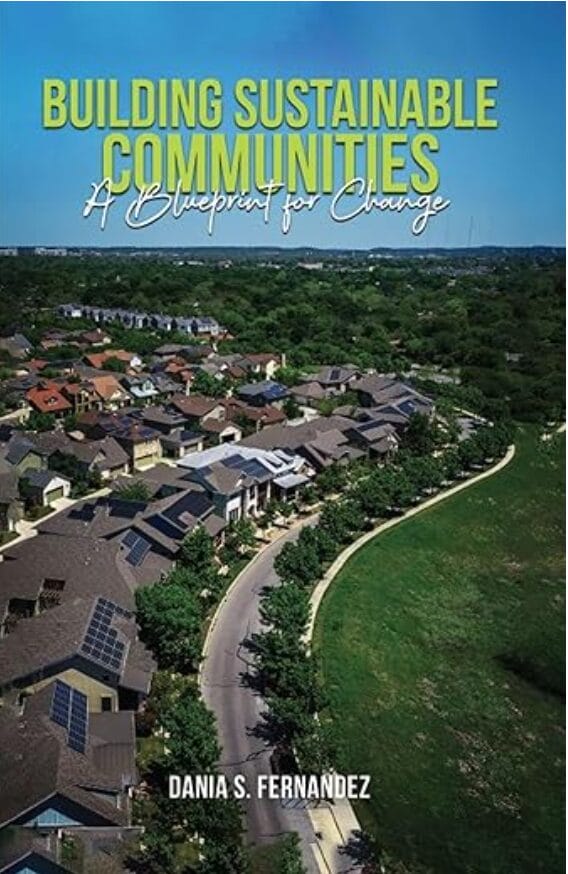
It’s easy to fall in love with an HOA or condo association. With all the amenities, like a pool, tennis court, game room, etc. and you don’t have to do a thing to maintain them. But someone has to make sure the association runs smoothly, the common spaces are maintained and the community stays safe and sound.
Every strong community needs a group of dedicated homeowners to join the association’s board of directors. The board, or BOD, is responsible for maintaining all those lovely amenities and many other duties that keep the HOA or condo association up and running. So, what are those duties?
Let’s take a look at the most common duties for a member serving on the BOD.
Rule enforcement and adoption
The first place to go for your duties is your association’s declaration. You’ll want to become very familiar with the declaration or CC&Rs, bylaws and all governing documents in your HOA or condo association. These are the rules, regulations and contract between homeowners and the association.
It is the BOD’s primary duty to make sure that all homeowners are abiding by the governing documents as well as federal, state and local laws. Additionally, you won’t need to memorize all of Florida’s statutes on HOAs but you will need to acquaint yourself enough to navigate the important sections when the need arises (and it will most likely arise).
These documents are the law you follow and use to back up all your decisions. They are also the guidelines you must adhere to in the case of issuing any new bylaws or rules to the association.
Budget and assessment management
The budget is a large responsibility of the board. Costs of operation and administration, necessary expenses and a solid reserve are all aspects of the budget to consider.
Like any well-oiled operation, your community needs the proper budget to run smoothly, especially to cover all those valuable amenities. The budget process will be one of your primary duties as a board member.
The budget itself comes from assessments and dues paid by the homeowners. Assessments are the lifeblood of an HOA. Without assessments there is no community and so it is crucial that all homeowners pay their dues in full and on time. If a homeowner does not pay their assessments it is then the duty of the BOD to collect. There are a number of actions the board can take in the case of delinquency You can read more in this blog.
Maintaining records and books
Homeowners have a right to know and to be able to access all books and records of the HOA or condo association. And so, detailed and accurate records must be maintained. This includes all governing documents, minutes of all board meetings, names and contact information of all community members, all voting information and all budgetary documents.
Fiduciary responsibilities
Because the board operates as a form of a corporation, every member of the board is required to act as a fiduciary. This means operating in a fair, ethical, unbiased manner from a position of good faith. It also means weighing decisions carefully and judiciously to make decisions that are in the best interest of the association and its members as a whole.
For the people
And finally, like any elected official, your job is to represent the people. For the BOD, this is the community as a whole. Your duty is to serve and protect the interests of the community and do so without letting your own interests and agendas cloud your judgment.
We hope this has given you a basic rundown of BOD responsibilities. The board and your community need good help, so consider running for an appointment. Note that these are all general duties, your CC&Rs may detail more specific obligations and each state, city and county may have different responsibilities for HOA board members. But this list is a good start on knowing what to expect when you serve your community.
As always, if you have any questions about your HOA’s governing documents or more specific questions about serving on the board, we are here to help.

